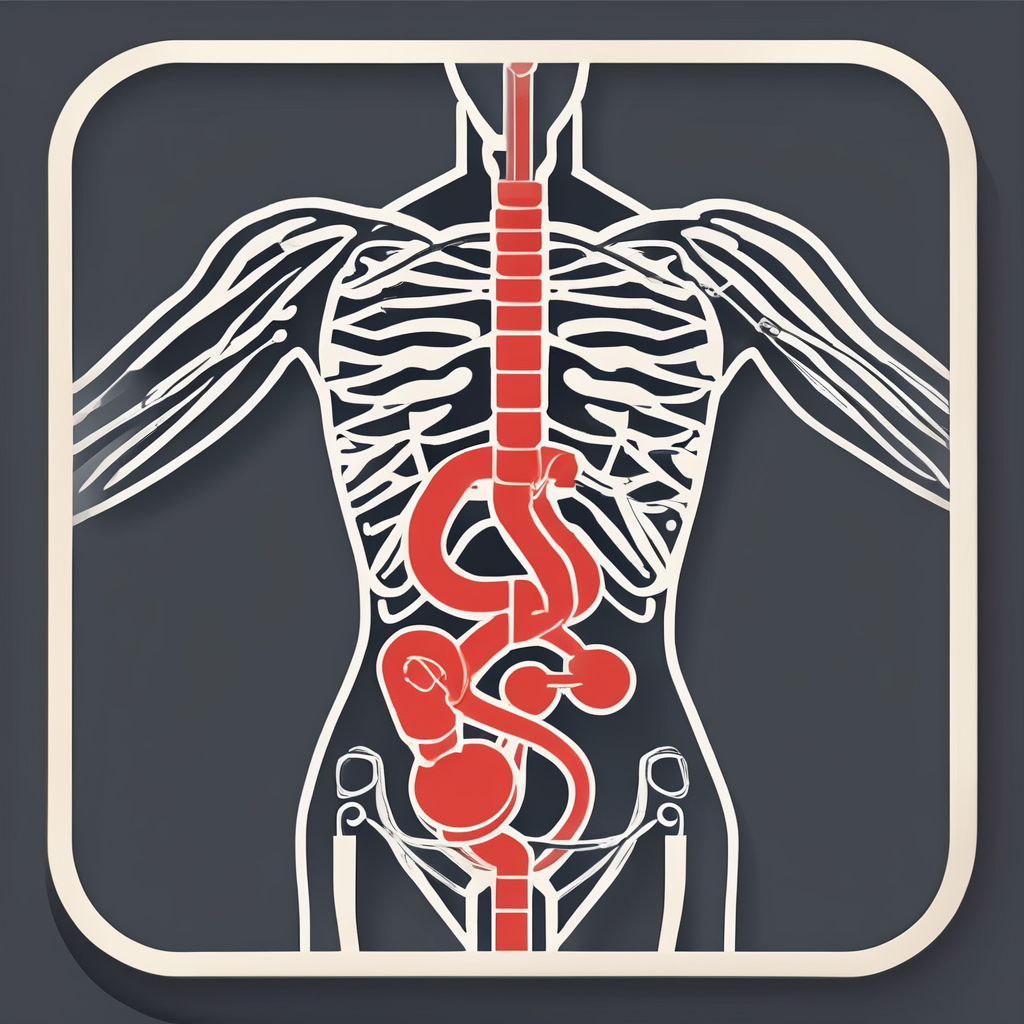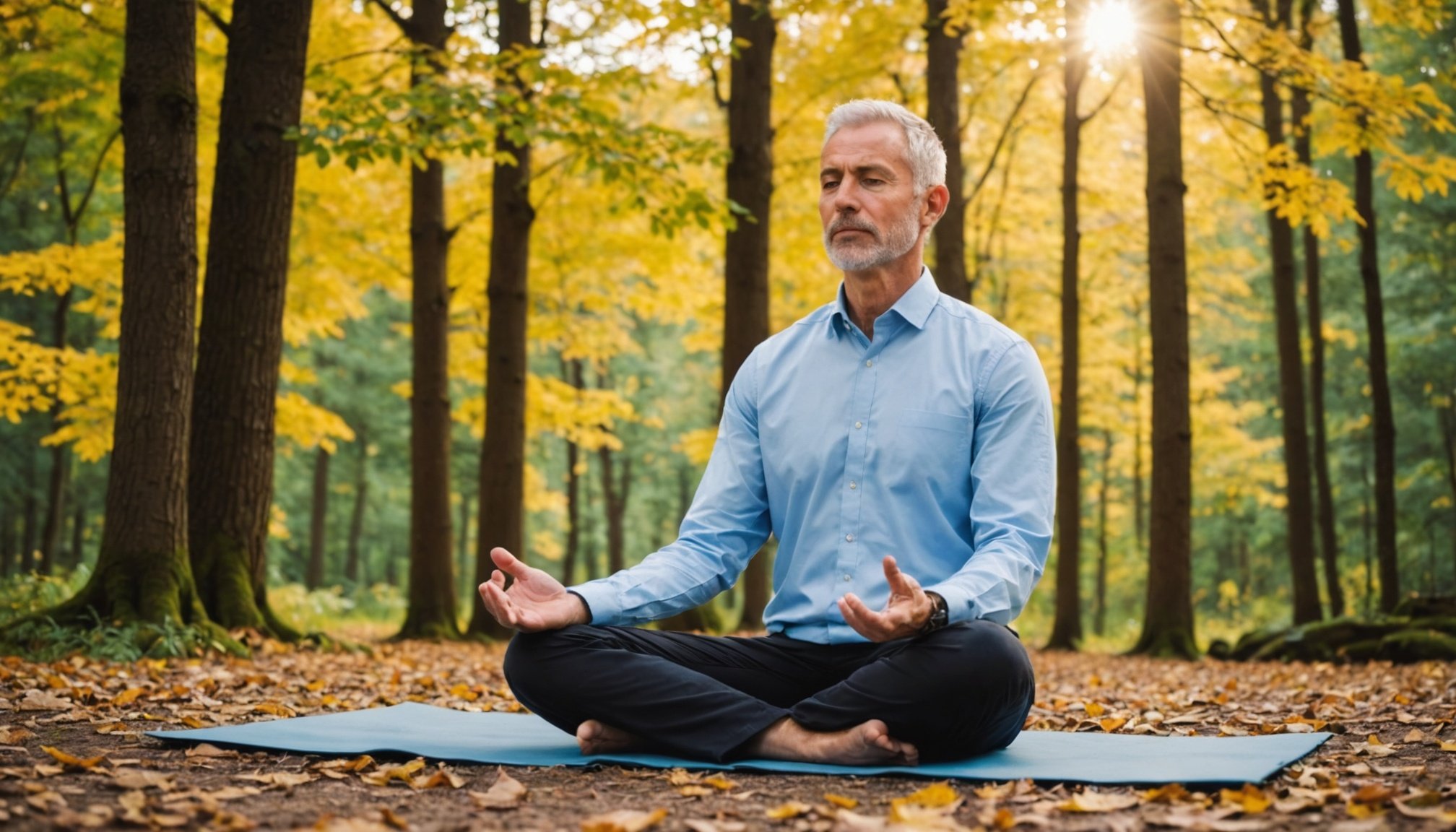In the fast-paced world of 2024, it is easy to become overwhelmed with the demands of modern life. Many find themselves caught in a cycle of stress, which can have a significant impact on both mental and physical health. Yet, amid this chaos, the ancient practice of mindfulness offers a path to greater mental well-being. This article aims to guide you through the process of integrating mindfulness practices into your daily routine, offering practical strategies to enhance your life and promote well-being.
Understanding Mindfulness and Its Benefits
Mindfulness is more than just a buzzword; it is a state of active, open attention to the present, encompassing both the mind and the body. It involves observing your thoughts and feelings without judgment and living in the moment. By incorporating mindfulness into your daily routine, you can reduce stress, improve your mental health, and lead a more fulfilling life.
Also to see : Essential Tips for Successfully Transitioning Kids to a Plant-Based Diet
The Science Behind Mindfulness
Research has shown that practicing mindfulness can have profound effects on the brain. Studies indicate that regular mindfulness practices can lead to changes in the brain regions involved in perception, body awareness, pain tolerance, emotion regulation, introspection, complex thinking, and sense of self.
Benefits for Mental Health
- Reduced Anxiety and Depression: Mindfulness helps in managing anxiety and depression by breaking the cycle of worrying thoughts and negative emotions.
- Improved Focus and Concentration: By training your mind to focus on the present, you enhance your ability to concentrate and pay attention.
- Enhanced Emotional Resilience: Regular practice increases emotional resilience, allowing you to navigate life’s challenges with greater ease.
By emphasizing these benefits, you can better appreciate why including mindfulness in your routine is not just beneficial but transformative.
In the same genre : What foods are considered brain-boosting, and how can you incorporate them into your diet for better cognitive health?
Practical Ways to Incorporate Mindfulness into Your Day
Introducing mindfulness into your daily routine does not require hours of meditation or significant lifestyle changes. Simple adjustments and incorporating small habits can make a big difference. Here are practical ways:
Start Your Day with Mindful Breathing
Begin your day with a few minutes of mindful breathing. Sit comfortably, close your eyes, and focus on your breath. Notice the rise and fall of your chest or the air passing through your nostrils. This practice sets a calm tone for the rest of the day.
Mindful Eating
Transform your meals into mindfulness practices. When eating, take the time to savor each bite. Notice the flavors, textures, and aromas. This not only aids digestion but promotes a healthy relationship with food.
Midday Mindfulness Break
Dedicate a portion of your lunch break to a short mindfulness session. Whether it’s a brief meditation or a mindful walk, use this time to recharge and refocus.
Evening Journaling
End your day with a mindfulness journal. Reflect on your experiences; note moments where you felt truly present. This practice enhances self-awareness and gratitude.
Overcoming Common Barriers to Mindfulness Practice
Despite the clear benefits, incorporating mindfulness into daily life can be challenging. Here are some common barriers and strategies to overcome them:
Lack of Time
In today’s busy world, finding time for mindfulness can be difficult. Start small by integrating mindfulness into activities you already do, like walking or brushing your teeth. Consistency is more important than duration.
Difficulty Focusing
For many, the biggest challenge is maintaining focus. Use guided meditations available through apps or online platforms to help you stay on track.
Impatience with Results
Mindfulness is a practice that requires patience. It’s essential to understand that benefits may not be immediate. Approach it with an open mind, and appreciate the small changes you notice over time.
Perfectionism
Remember, mindfulness is not about achieving a perfect state of peace. It’s about accepting your thoughts and emotions without judgment. Embrace the process rather than the result.
Incorporating mindfulness into your daily routine is a powerful way to enhance your mental health and well-being. By adopting simple practices, such as mindful breathing, eating, and journaling, you can create a more peaceful and fulfilling life. Remember, mindfulness is a journey of self-discovery and acceptance. As you integrate these practices into your routine, you’ll cultivate greater awareness and resilience, equipping yourselves to handle life’s challenges with grace and equanimity. Embrace mindfulness as a valuable tool in the quest for optimal mental health, and let its benefits unfold in your life.











